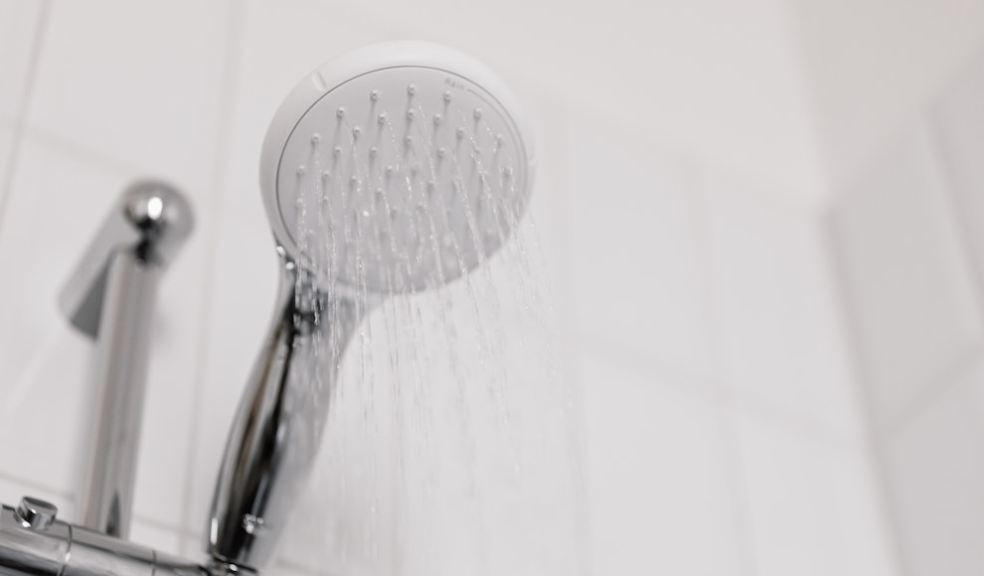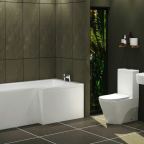
Technology to invest in for a greener home in 2023
Climate change has been making headlines for years as global warming proves to be not just a reality, but also an urgent issue that needs to be faced head on. Our current way of life incurs a significant carbon footprint, from the manufacture of goods to the food we consume and our choice of transport for our daily commute. With 2022 proving to be the UK’s hottest year on record due to human-caused global heating, it has never been more important take steps tackle the crisis.
One of the major contributors to global warming is related to our homes. Gas-powered heating systems and electricity from fossil fuels mean that our properties have a sizable carbon footprint. UK homes are also not particularly efficient at retaining heat which means wasted energy and higher bills.
Making our homes more eco-friendly is therefore a key component of the government’s plan to tackle global warming, and there has been much progress on developing technology to reduce the carbon emissions created by UK properties. Discover the best technology to invest in for a greener home in 2023: these updates will help the environment and deliver significant savings in the long run.
Eco-friendly heating systems
Most homes in the UK have a central heating system fuelled by a gas-powered boiler. These traditional models are often not particularly energy efficient, especially if they are fairly old.
Replacing your boiler with new heating systems such as air source heat pumps or solar panels is a great way to embrace green energy in the home. These modern technologies require significant financial investment but are guaranteed to stand the test of time and save you money in the long run.
Upgrades for your bathroom
Requiring less outlay but still going a long way towards making your home more green are upgrades for your bathroom. It is astonishing how much water is wasted by UK households, and simple technology is available to combat this.
Consider installing a low-flow showerhead. These are specially designed to optimise the flow of water to dramatically reduce how much is wasted in each wash. Similarly, you can fit your toilet with a dual-flush system that gives you the option to save water without compromising on function.
Energy-efficient appliances
As well as heating, electricity is a significant contributor to the carbon footprint of our homes. While efforts are being made to use more renewable energy sources, the majority of the electricity in the UK is generated by natural gas which emits CO2 when burned.
The best way to reduce your environmental impact therefore is to try to use less electricity in the home. Energy-efficient appliances require less electricity than traditional models and often have a range of different functions to provide flexibility depending on the intended use.
Technology is also available to help reduce the electricity used by devices when they are in stand-by mode such as smart power strips. These work by monitoring your electricity usage and automatically shutting off power to appliances that are not in use at the time.












